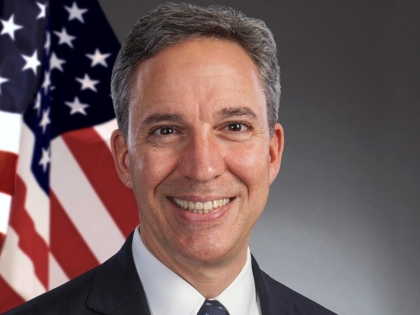
Senator Martins Informs Residents About New Law Expanding Women’s Access to Breast Cancer Screenings
August 11, 2016
-
ISSUE:
- Women's Health
Senator Jack M. Martins (R-7th Senate District) is informing residents about a new state law that will improve access to and coverage for breast cancer screenings for women throughout the state. The law, which Senator Martins cosponsored in the Senate, will facilitate breast cancer detection by eliminating cost-sharing for screenings, extending hours for mammography services and ensuring all public employees in the state are afforded work leave for screening.
“Early detection dramatically increases the chances of successfully treating and overcoming breast cancer, which is why it’s critically important that women have access to these services. This measure will save lives and help more women win their fight against this terrible disease,” said Senator Martins.
The new law, which was passed by the Senate and Assembly and signed by Governor Andrew Cuomo, will:
Eliminate Out of Pocket Costs for Preventive Screenings
The law removes cost-sharing requirements, such as co-pays, annual deductibles or coinsurance, for preventive screening services. Eliminating these out of pocket costs will make it easier and more affordable for women to take advantage of breast cancer screenings, including mammograms, imaging for the detection of breast cancer, breast ultrasounds, and MRIs.
Expand Screening Access By Extending Hours for Mammography Services
Hospitals and their extension clinics that provide mammography services will be required to provide at least two days of extended hour service in the early morning, evening or weekends in two-hour increments. This will make it easier and more convenient for working women to get screened.
Allot Work-Leave Hours for Breast Cancer Screening
To further make screenings and early detection services more accessible, the law allows New York City employees to take up to four hours of excused leave per year for breast cancer screening, the same as public employees in the rest of the state.

